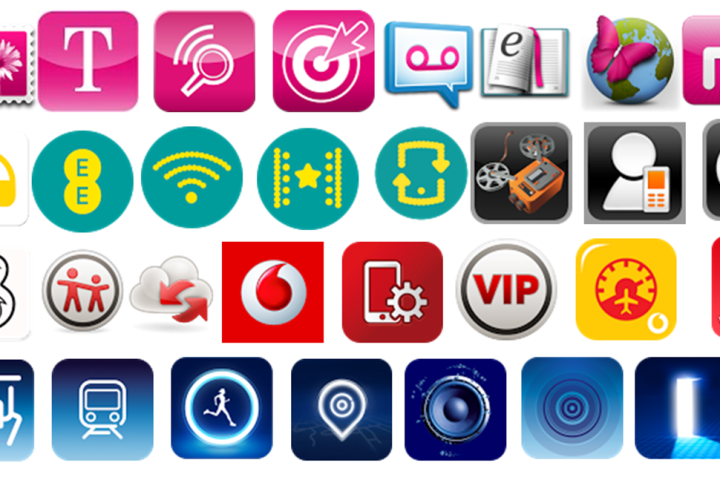
Everyone loves having added features on their smartphones, but often carriers and smartphone manufacturers get carried away, shoveling dozens of unwanted apps, or “bloatware,” on our phones. Normally we have to just deal with them, ‘disable’ them (which is an odd procedure), or try deleting them with a complicated hack. But not anymore, at least, if you live in South Korea. Thanks to new guidelines by the country’s government, as of April 2014 all “bloatware” on smartphones must be uninstallable by the end-user, with only a few apps as exceptions to the rule.
According to the Ministry of Science, ICT, and Future Planning, the goal of this initiative is multifaceted. It will give users back much-deserved control of their devices, not to mention prevent unfair business practices that restrict a user’s free control of his or her devices. The ministry also hopes it will increase performance, improve battery life, and free more device storage on the afflicted devices, which in some cases lose as much as half their internal storage to bloat and other files.
There are a few exceptions to this policy. Apps that are deemed essential to the OS operating properly, such as for Wi-Fi and NFC control, are allowed to stay. There are also exceptions for some service applications like the Google Play app store and apps related to customer service.
Bloatware is a tricky subject. Some consider any software that doesn’t come with the original OS as bloatware – even special launchers for Android like Samsung’s TouchWiz interface. As a result, we’re not sure how far this will go for some smartphones over otherwise, but it’s still great news for smartphone owners in South Korea. Hopefully these controls will make their way to the United States.
The LG G2 came with 62 pre-installed, non-removable apps, and the LG G Flex comes with 84. Samsung’s phones contain a similarly huge number. Anything to reduce the clutter makes us very happy.

